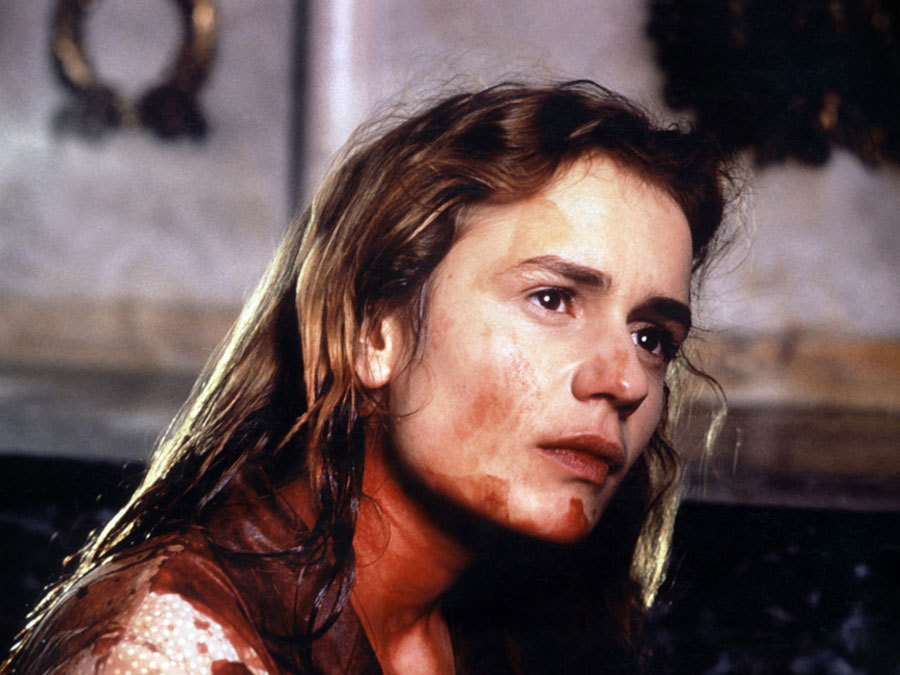
History is full of unsung heroes, and when a curious mind becomes aware of their existence, the effect can be electrifying. Realizing that many people who changed the course of the world are not the ones glorified by history books shines a new light on previously learned knowledge, and opens wide the window to future exploration.
The same is true of film history. Some films lend themselves to easy praise, and once their reputations are established legions of critics will follow suit. But some of the most beautiful cinematic gems can be found only through active pursuit, and their personal value is often proportional to the amount of effort expended by the one who discovered them. Leaving the beaten path and cultivating one’s individual taste by uncovering unsung masterpieces is a singular pleasure of true movie lovers.
In the same way that a society designates holidays to commemorate a person, a group of people, or an idea that might otherwise get buried in the business of daily life, film fans should occasionally sing the praises of works of art that often go unnoticed. By doing so, they help others discover new interests while rekindling the legacies of great films whose reputations deserve preservation. Here are ten examples.
1. Hud
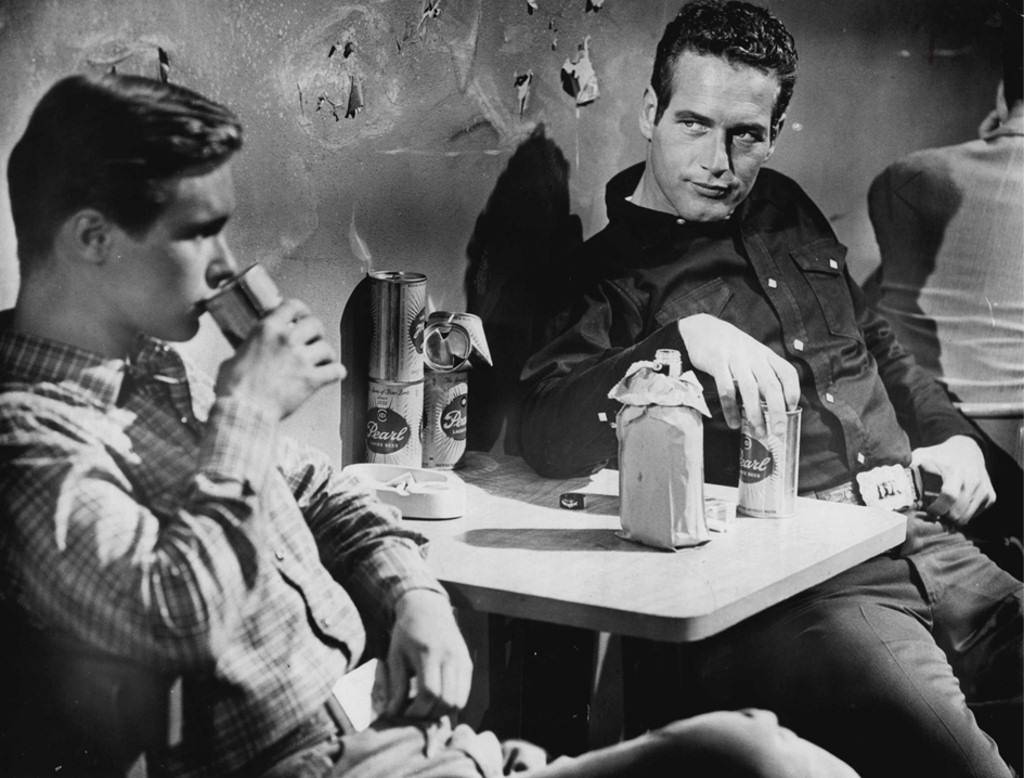
Paul Newman turned in one of his best performances in 1963’s Hud, a cinematic character study of rare quality. Many films that fall within the Western category make the setting the central focus, and then force the characters and plot into their preexisting, stereotyped molds. Hud is in a class of its own, with a story that transcends genre, setting, and time period. It’s a universally relevant film that just happens to take place in a Western-style atmosphere.
Patricia Neal brings ferocity and confidence to the role of Alma, a woman holding her own in a world dominated by men. Melvyn Douglas radiates a calm and moral wisdom as the owner of a cattle ranch which is beginning to fall on hard times as modern society evolves around it. And Newman plays Hud, the owner’s rebellious son who seems as naturally bent toward chaos and selfishness as his father is predisposed to principles and order.
Hud is a deeply conflicted character who seems constantly on the verge of splitting his soul at its seams, and Newman reflects both Hud’s charisma and self-loathing in a performance that deserves more attention than it gets. Hud is a film guaranteed to stick with you long after it’s over, and it’s a film that promises to always feel relevant and timeless.
2. The Bride Wore Black
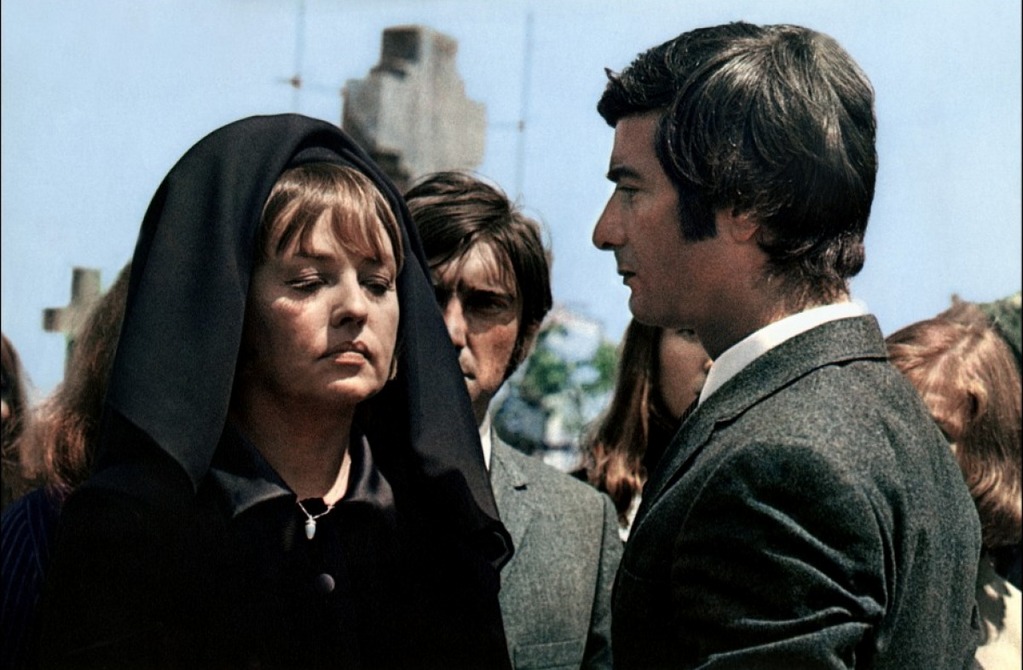
François Truffaut’s The Bride Wore Black seems to get less attention than many of his other films, but unjustly so. This story of betrayal and revenge arrests the viewer’s attention and never lets go until retribution is fulfilled. It’s a movie that features some unsubtle tributes to Alfred’s Hitchcock’s style, but that still feels unique and original. The Bride Wore Black is an effective blend of suspense, drama, and action, with a few humorous touches thrown in.
Jeanne Moreau turns in a perfect performance as the bitter bride in black who is executing her mission with ruthless single-mindedness. After witnessing the murder of her husband outside the church on their wedding day, she writes down the names of the five men whom she believes to be responsible for the killing, and sets out to terminate each one of them.
Each target presents fresh new challenges that threaten to disrupt her plans, and when one of the men is arrested for a different crime, the bride’s vengeful resolve is tested to the max. The great Jeanne Moreau is responsible for much of what makes The Bride Wore Black so memorable and effective, and her performance here can’t be missed by movie fans.
3. Reflections in a Golden Eye
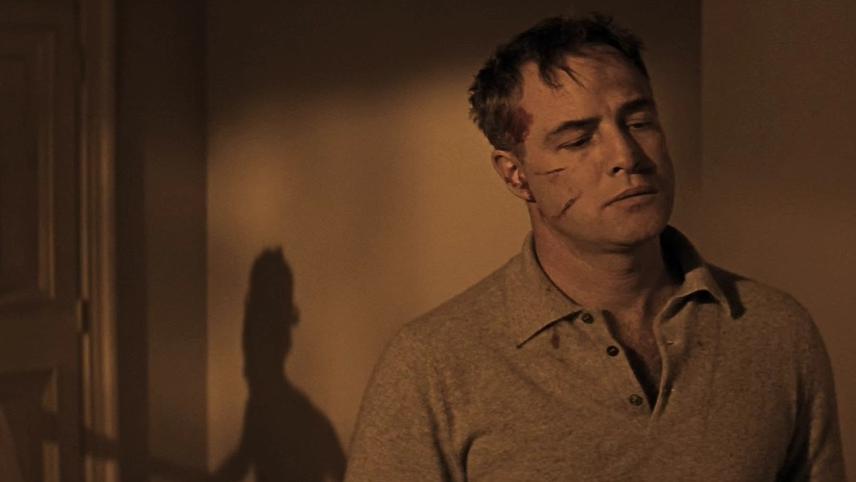
For a movie featuring Marlon Brando and Elizabeth Taylor in the lead roles, Reflection in a Golden Eye is shockingly little known. As a brilliant adaption by director John Huston of Carson McCullers’s book, it’s criminally underrated.
Reflections in a Golden Eye is admittedly a rather odd film, but it’s intended to be so. If it’s difficult to approach, it’s only so to the extent that it presents characters that are not cardboard cutouts and a story that is anything but conventional. In other words, it’s the perfect example of a film not easily digestible by mass audiences, but full of rewards for anyone up to the challenge it presents.
Anyone who is of the opinion that Brando wasted his talents during most of the 1960’s with subpar movies needs to seek out Reflections in a Golden Eye immediately. He delivers a nuanced, passionate performance as an Army major stationed in the 1940’s South and struggling with his identity as an aging married man.
And if any film puts to rest the rumor that Elizabeth Taylor was just a pretty face with little acting talent, this is the one. Taylor plays the wife of the major with a haughty bitterness and carelessness, and this might become the role you most remember her for. Reflections in a Golden Eye was made with enough talent to promise a masterpiece, and it doesn’t disappoint.
4. Léon Morin, Priest

This masterpiece by Jean-Pierre Melville is a one-of-a-kind film. It’s a wonderful love story with very little actual romance; it’s also an exploration of religious faith with very little dogma. The result is a touching tale that tests the viewer’s beliefs about love and God through the doubts and anxieties that its characters face. Above all, Léon Morin, Priest is an exploration of the human condition and an examination of the relationships – both earthly and divine – that people form in order to make life a little more bearable.
Jean-Paul Belmondo gives a subtle yet commanding performance as the enigmatic priest named Léon Morin. He’s a young man with a poor childhood and a broad mind who seems to have a natural gift for perceiving and addressing people’s spiritual needs.
When a young widowed mother, played exquisitely by Emmanuelle Riva, dares herself to go and tease the young priest about his faith, she soon finds herself under his spell as he accurately diagnoses every hidden or suppressed region of her psyche. Before long, the initially atheist woman feels compelled to convert, though it’s left ambiguous whether her motivations are devotion or infatuation.
As the two spend more and more time together discussing spiritual matters, she finds herself in peril of falling in love with a man whose profession forbids their relationship, and the priest faces difficult decisions about his own faith and feelings. Léon Morin, Priest is a wonderful film that deals with heavy subjects without ever becoming weighed down by them. Film lovers should take time to seek this one out.
5. Mademoiselle
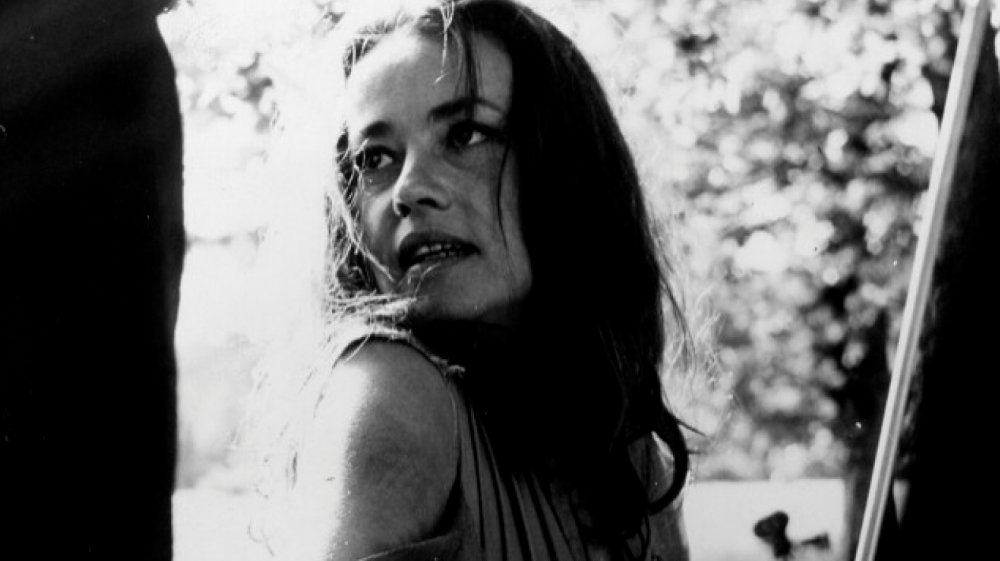
This dark drama by Tony Richardson was made in 1966 with the aid of a jaw-dropping performance by Jeanne Moreau. Though Mademoiselle is less well known today, it certainly deserves fresh attention. Even an average film featuring Moreau would be worth viewing, and this one gives her a role so offbeat and unforgettable that it simply must be seen.
She plays a visiting schoolteacher in a small French village who, on the surface, leads the quiet and respectable life that one in her position should. But the audience learns from the opening scenes that the Mademoiselle is not what she appears to be to the villagers. She is in fact a sadistic troublemaker who delights in tormenting the residents of the small town, dreaming up fresh crimes quite frequently.
A local woodcutter becomes the chief suspect for the tragedies, but when a romance between the worker and the schoolteacher threatens to blossom, the limits of her cruelty will be severely tested. Prepare for a legendary performance by Moreau under the skilled guiding hand of Richardson in the sleeper masterpiece Mademoiselle.